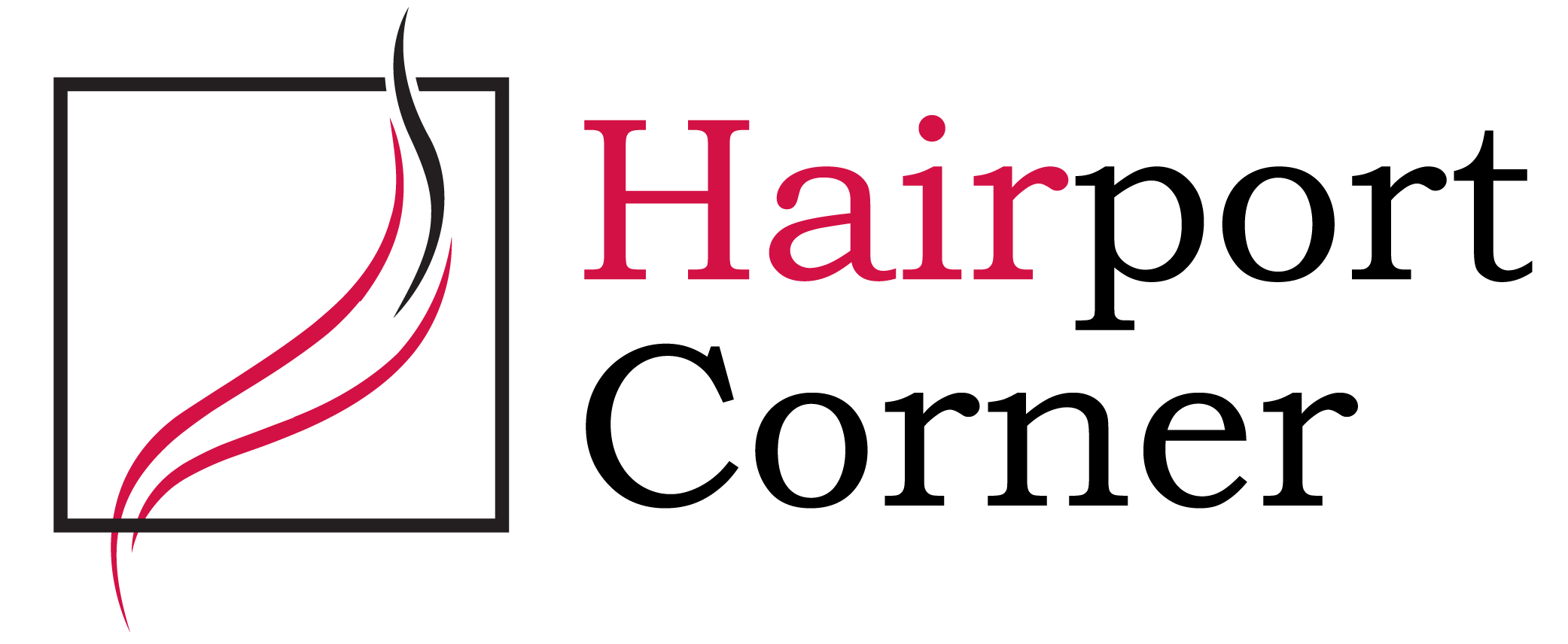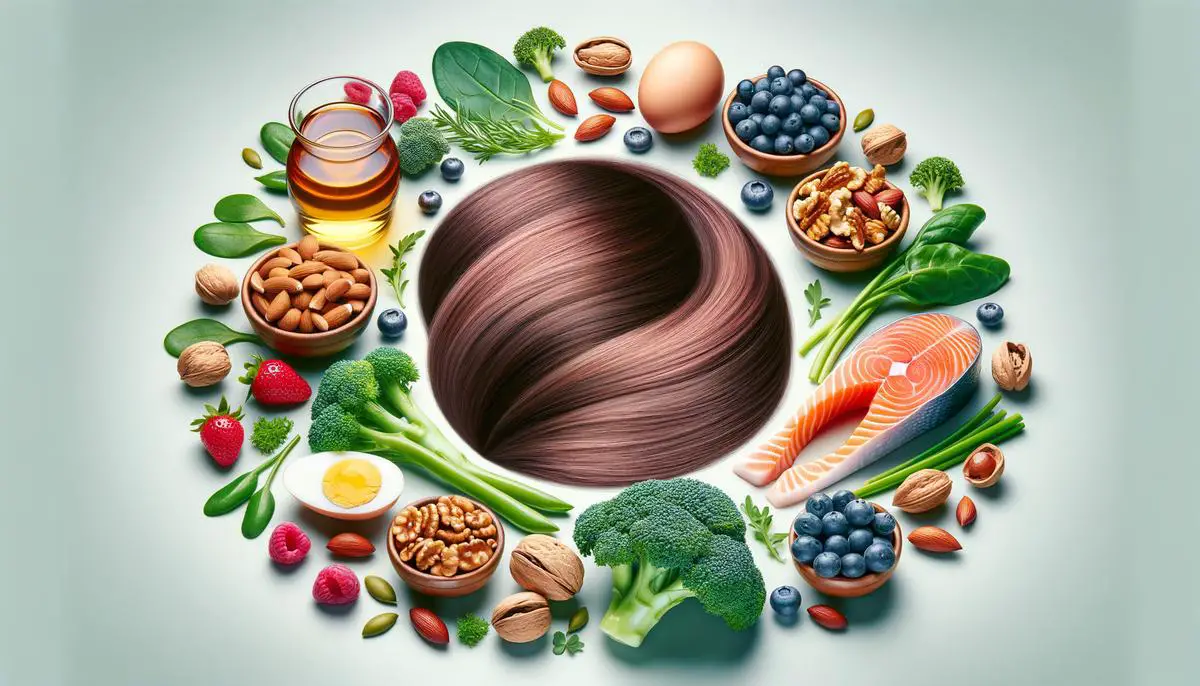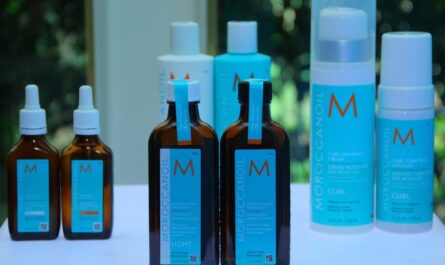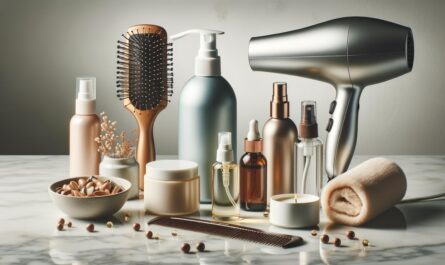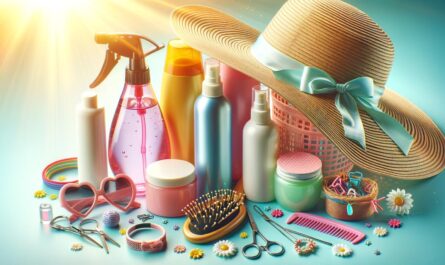Hair health is a journey that intertwines nutrition and care, offering a path to vibrant, resilient locks. By understanding the essential nutrients and their roles, you can nurture your hair from within, creating a foundation for growth and strength.
Protein-Rich Foods
Protein is crucial for hair health, forming the building blocks for strong, lush locks. Foods packed with protein provide essential amino acids that your hair needs.
- Eggs: A great way to start your day, fueling hair growth with protein and biotin. These elements are key for keratin production, the main protein in hair.
- Lean poultry: Chicken and turkey offer high-quality protein without excess fats. When protein levels drop, hair growth can slow, making lean poultry a good option for maintaining hair follicle health.
- Beans: An affordable and versatile protein source. Black beans and lentils deliver protein, iron, and zinc, ideal for strengthening hair structure.
- Salmon: Packed with protein and omega-3 fatty acids, providing essential nutrients for hair and scalp health. These nutrients work together to give shine and strength to your hair.
- Greek yogurt: With its high protein content and vitamin B5, it can help prevent hair thinning and promote thickness.
- Tofu: Offers a complete source of amino acids, making it an excellent choice for vegans and vegetarians.
- Almonds: Contribute protein alongside healthy fats and vitamin E, helping add luster to your hair.
- Peanut butter: A tasty way to boost your protein intake. Spread it on your morning toast to nourish your hair from the roots.
- Quinoa: A complete protein that helps maintain hair strength and prevent breakage.
Incorporating these foods into your diet can enhance your hair’s health over time.
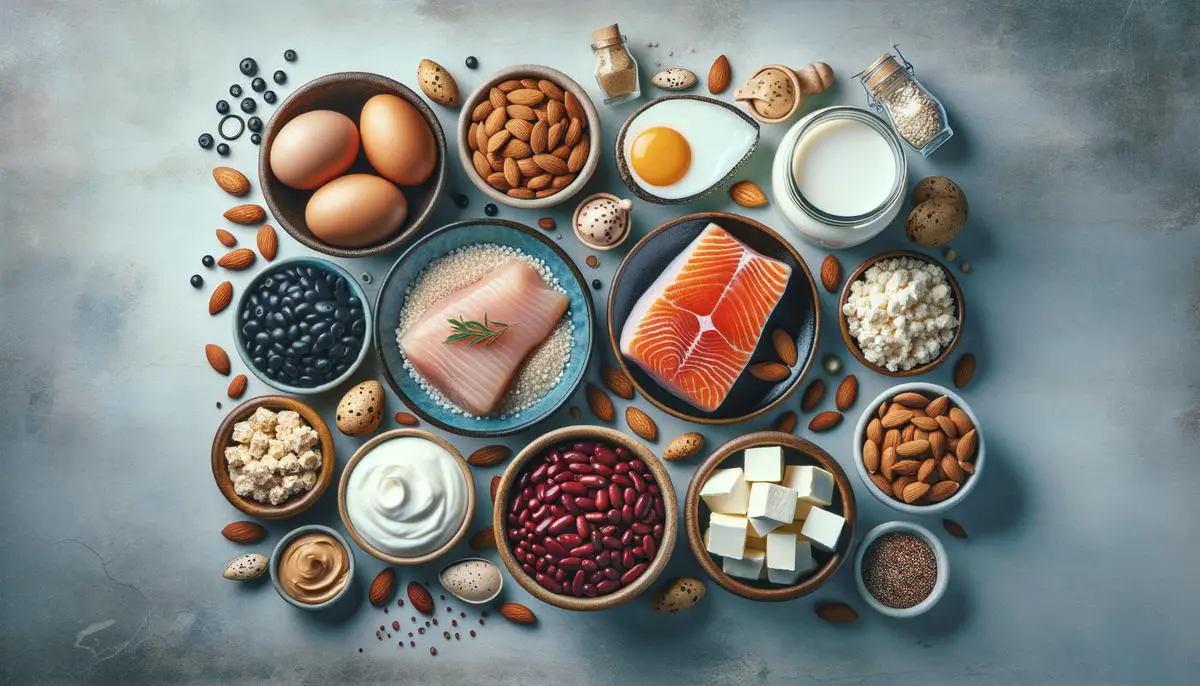
Vitamins and Antioxidants
Vitamins and antioxidants work alongside protein to promote vibrant, healthy hair. They protect your hair from damage and support growth.
- Vitamin A: Coordinates sebum production, keeping hair moisturized. Find it in sweet potatoes, carrots, and spinach. These foods are rich in beta-carotene, which your body converts into vitamin A, creating a healthy scalp environment.
- Vitamin C: Protects hair follicles from oxidative stress. Citrus fruits, strawberries, and kiwi are full of vitamin C. This vitamin also boosts collagen production, strengthening the hair structure.
- Vitamin D: Essential for creating new hair follicles. Enjoy some salmon and fortified cereals to keep vitamin D levels optimal for hair growth.
- Vitamin E: Improves circulation, which means better nutrient delivery to hair follicles. Nuts, seeds, and avocados are excellent sources that can add silkiness to your hair’s texture.
- Antioxidants: Found in blueberries, spinach, and green tea, they neutralize harmful free radicals that can affect hair growth and make strands brittle.
Including these nutrient-rich foods in your daily diet is an investment in beautiful, resilient hair.
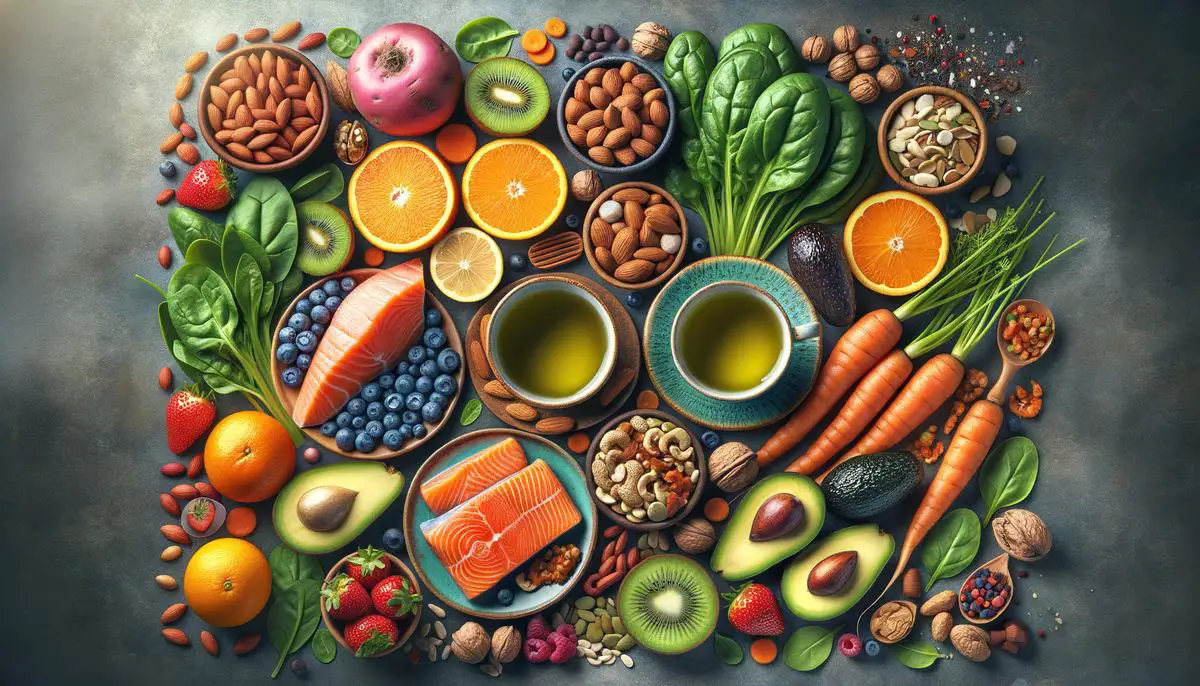
Omega-3 Fatty Acids
Omega-3 fatty acids are essential for promoting hair density and shine. These fats nourish hair from the inside out, ensuring each strand is strong and radiant.
Omega-3s help maintain healthy hair follicles, reducing inflammation that can lead to hair loss or thinning. They also keep the scalp hydrated, preventing dryness and flakiness that may hinder hair growth.
Adding fatty fish like salmon or mackerel to your meals provides a powerful dose of omega-3s that help your hair reflect light better, adding a natural shine.
For a plant-based omega-3 boost, consider adding chia or flaxseeds to your diet.
Incorporate these sources into your weekly meals to support hair health, density, and shine.
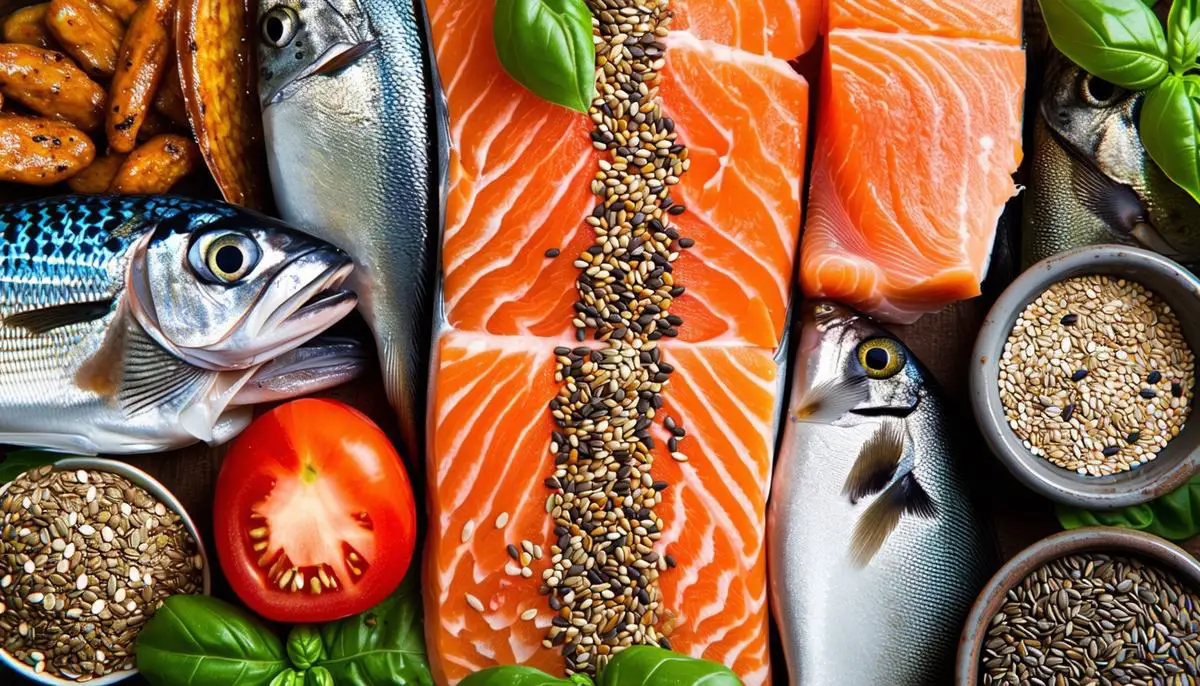
Minerals for Hair Growth
Zinc and iron are two essential minerals for healthy hair growth and vitality.
- Zinc: Crucial for cell production and tissue growth in hair follicles. When zinc levels decrease, it can lead to hair loss or thinning. Good sources include oysters and fortified cereals.
- Iron: Helps your red blood cells carry oxygen to your scalp and hair follicles, facilitating growth and strength. A deficiency can leave your hair feeling dry and brittle. Find iron in fortified grains, beans, and lean red meats.
Incorporating these minerals into your diet can support lush, vibrant hair growth. Each meal rich in zinc and iron is an investment in your hair’s health.
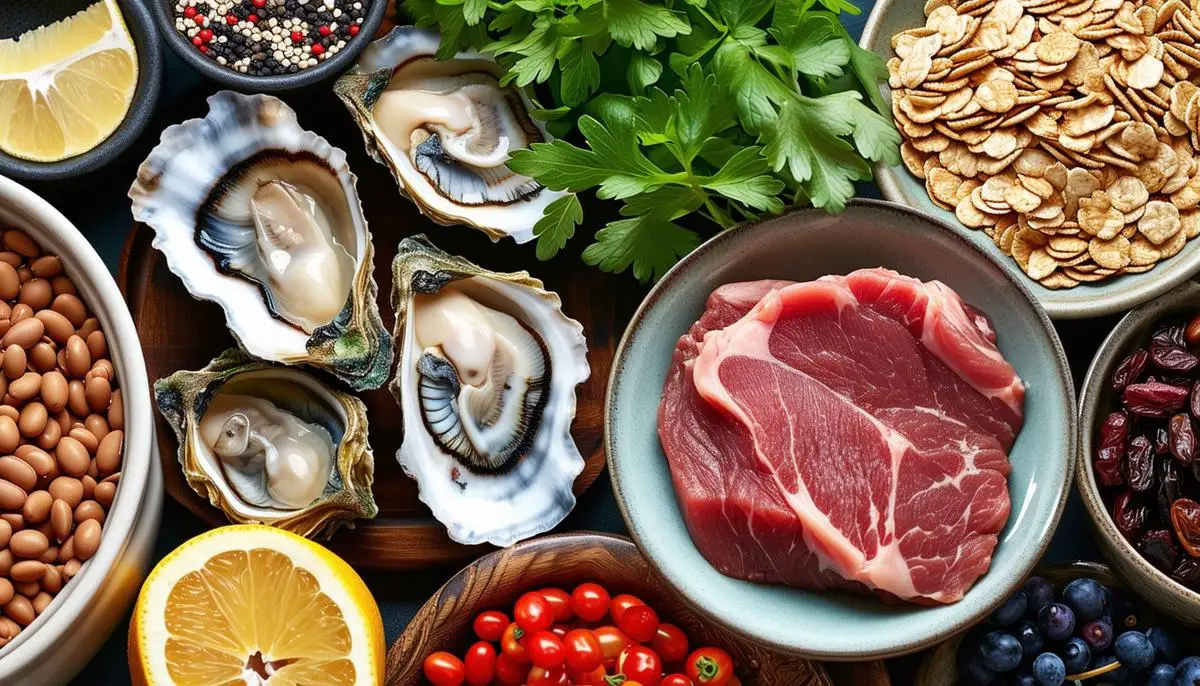
Healthy Fats and Hair Health
Healthy fats play a crucial role in maintaining scalp health and promoting hair growth. Avocados and nuts are excellent sources of these beneficial fats.
- Avocados: Rich in monounsaturated fats, providing nourishment for your scalp and promoting flexibility and moisture in your hair. Their vitamin E content protects hair against external damage like UV rays and pollution.
- Nuts: Walnuts and almonds are packed with omega-3 fatty acids, which promote hair shaft thickness and shine. They also help maintain the natural oils on your scalp, preventing dryness and flakiness.
Both avocados and nuts provide vitamins and minerals that contribute to hair resilience and growth. Adding these to your diet can help improve your hair’s health and appearance from the inside out.
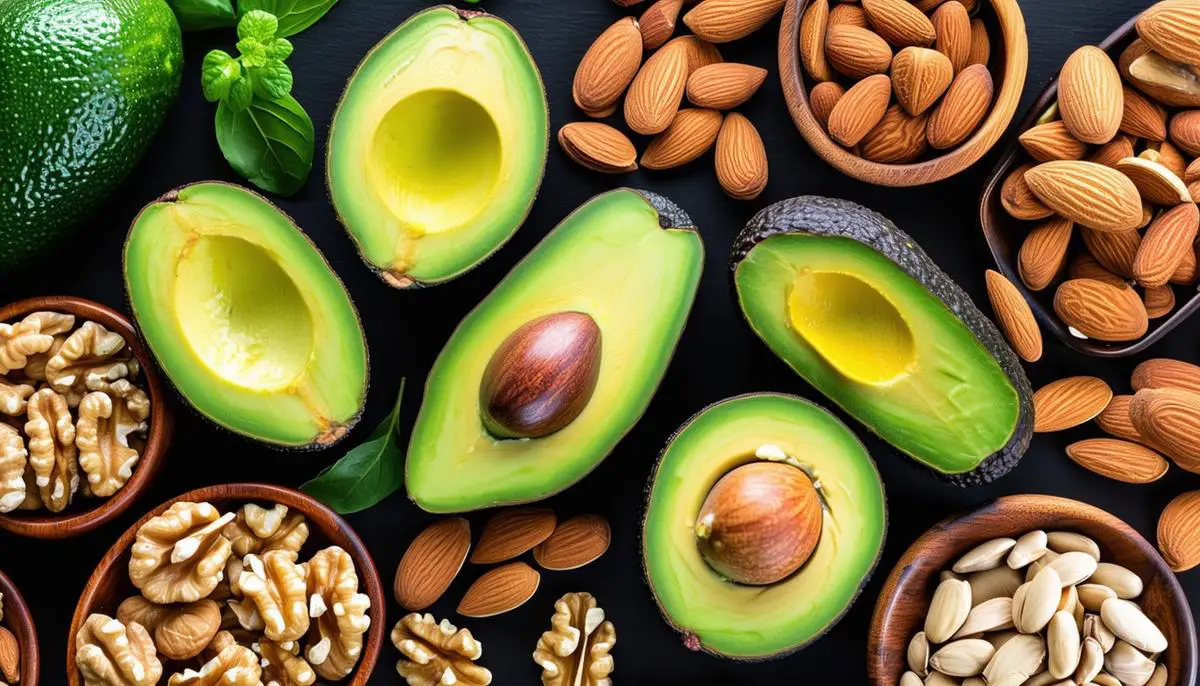
Incorporating nutrient-rich foods into your daily routine is an investment in your hair’s vitality. With each mindful meal, you’re supporting healthy, lustrous hair that reflects the care and attention you’ve given it.
- Guo EL, Katta R. Diet and hair loss: effects of nutrient deficiency and supplement use. Dermatol Pract Concept. 2017;7(1):1-10.
- Goluch-Koniuszy ZS. Nutrition of women with hair loss problem during the period of menopause. Prz Menopauzalny. 2016;15(1):56-61.
- Almohanna HM, Ahmed AA, Tsatalis JP, Tosti A. The Role of Vitamins and Minerals in Hair Loss: A Review. Dermatol Ther (Heidelb). 2019;9(1):51-70.
- Zempleni J, Hassan YI, Wijeratne SS. Biotin and biotinidase deficiency. Expert Rev Endocrinol Metab. 2008;3(6):715-724.
- Finner AM. Nutrition and hair: deficiencies and supplements. Dermatol Clin. 2013;31(1):167-172.
